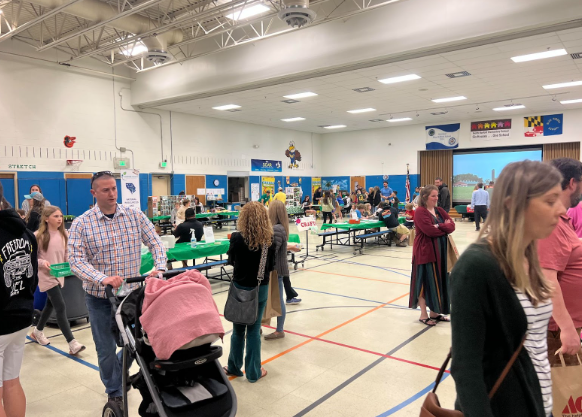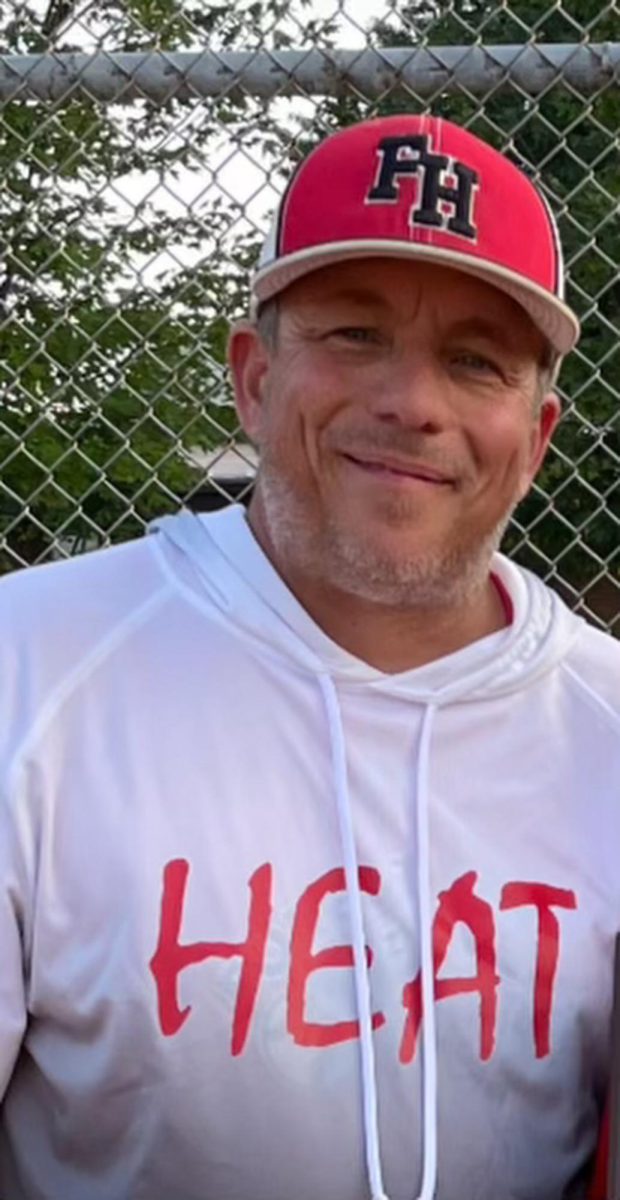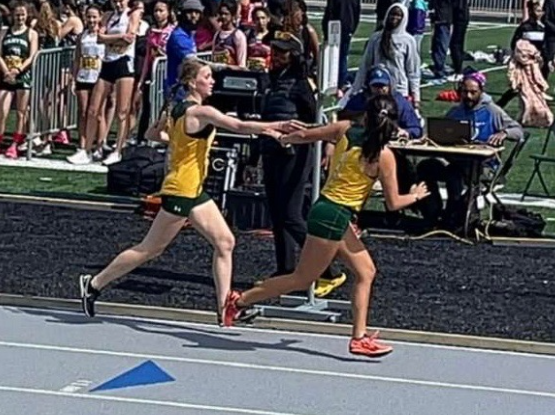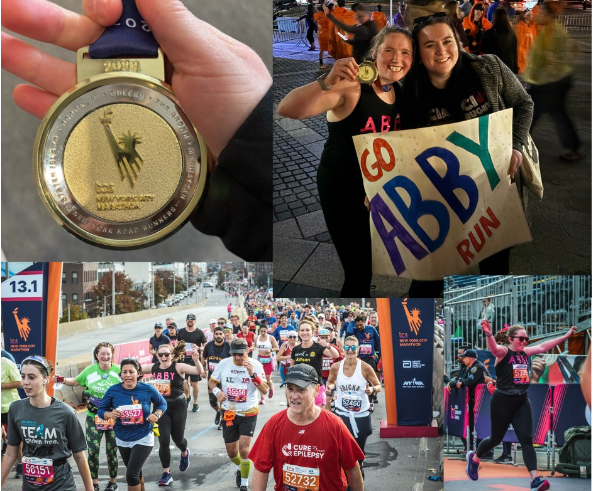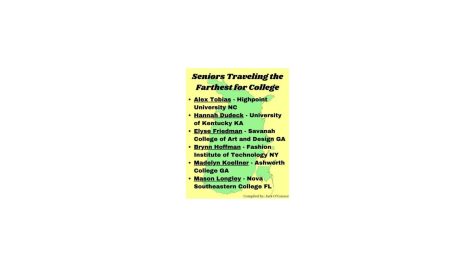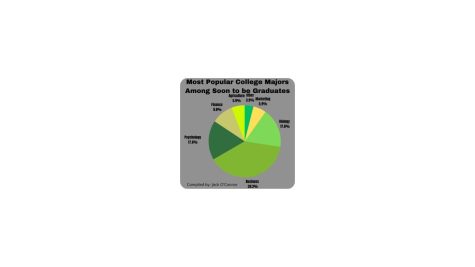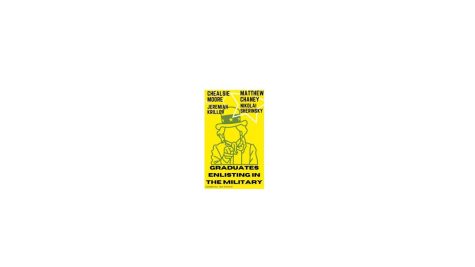Recovery home for females in North Harford community; Providing opportunities, support for addicts
May 2, 2020
*Please note: C and L are identifiers used in this article to protect the anonymity of the graduates of Char Hope.
The North Harford community has a program running for after -care of recovering addicts. The foundation is called Char Hope. Char is named after Charolais cows and it means giving/working. Thus, Char Hope means giving hope. The program uses animal and agriculture therapy as a means of treatment.
Derek Hopkins is a North Harford area resident who helps to run the program.
According to Char Hope website, this type of therapy is used to teach females responsibility and how to be sustainable after their term is up. The women, who are over 18 years old, come into the program and share a house with up to six other females. They start on the level called blackout. They have many restricted rules, however, Hopkins says, “this is what leads to our about sixty percent success rate.” Hopkins added that recovery homes that allow things like phones and lots of money with little restrictions have girls that end up in the same place they started in.
Every morning the girls go through morning meditation and read from 12- step recovery books. The house manager, C, says that the blinds get opened every morning, and beds get made to establish a daily routine depending on levels which are determined by progress and length of time in the facility.
With regard to barn work, the women complete tasks as a group, a suggestion made by C. Another graduate of the program and now worker L says, “having to get up and take care of something other than yourself is motivating.” C refers to the work as “therapeutic”, and she says she especially loves working with the bees. It was a dream of hers and she is so excited to get five new sets this year.
The program also grows their own produce. C says, “the gardens get tilled up for us and then we take care of it, water it, and harvest it to sell when it’s time”.
The girls are being taught how to live a “sustainable lifestyle” mentions Hopkins. North Harford alum Amy Vaughn is a homesteader that focuses on sustainable living skills. She came out to the fields and taught the girls how to do things like pickling. The girls have also been able to use their vegetables to make their own foods like zucchini bread.
Hopkins adds that the program relies mostly on donations. All the animals have been donated along with most of the food supplies.
Every girl coming into the program is asked to follow a 12-step recovery program as well as find a sponsor. The sponsor “is a normal person that has been through the steps and can help you through them,’ mentioned L. C adds in that “it’s really nice to have someone that can help you and that you can completely trust.”
According to those involved at Char Hope, the girl’s sense of community is strong. L says, “We are all working towards the same common goal. You can’t do it alone.” C adds that “The first word you hear is we, this is how we get better. From giving advice and having some to look up to we are working together.” L adds “with the support there you have people that can hold you accountable.”
The girls also are asked to attend anonymous meetings and get more support from people in their community. L mentions “if there was nowhere to go how would I get sober? We are normal people, but we have become so broken at that point we need to ask for help.”
L mentioned “it’s real, it exists, and we need to recognize it.” She says, “what’s the point in being here if you can’t feel what you’re going through?” Hopkins adds “the drugs take the pain back and it becomes an easy road to turn to.” So, L, C, and Hopkins all urge those that have an addiction to call the Narcotics Anonymous at (1)800-317-3222 to get help. “We are all working towards the same common goal. You can’t do it alone.” — L
